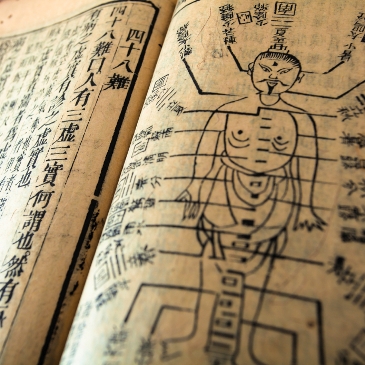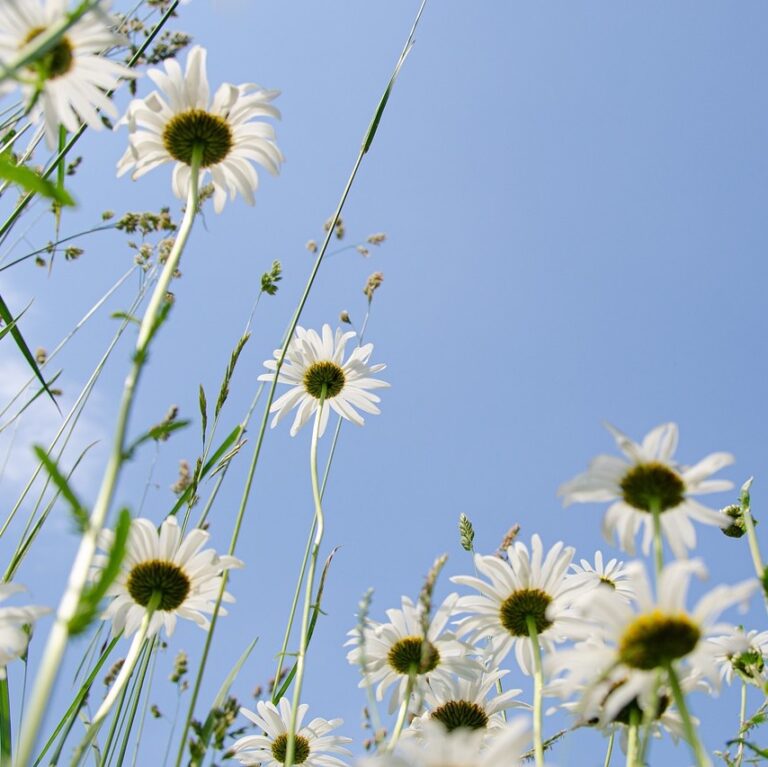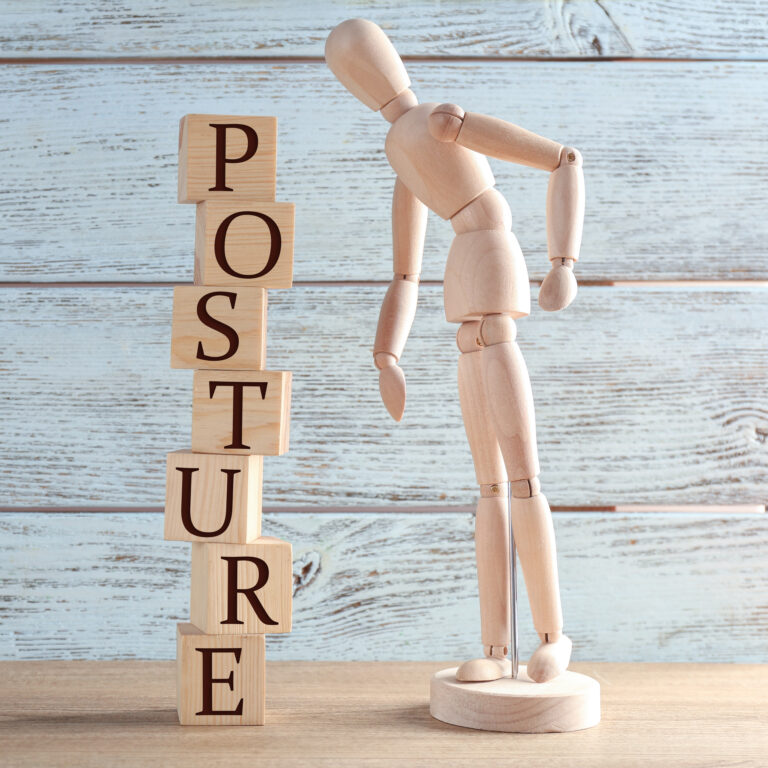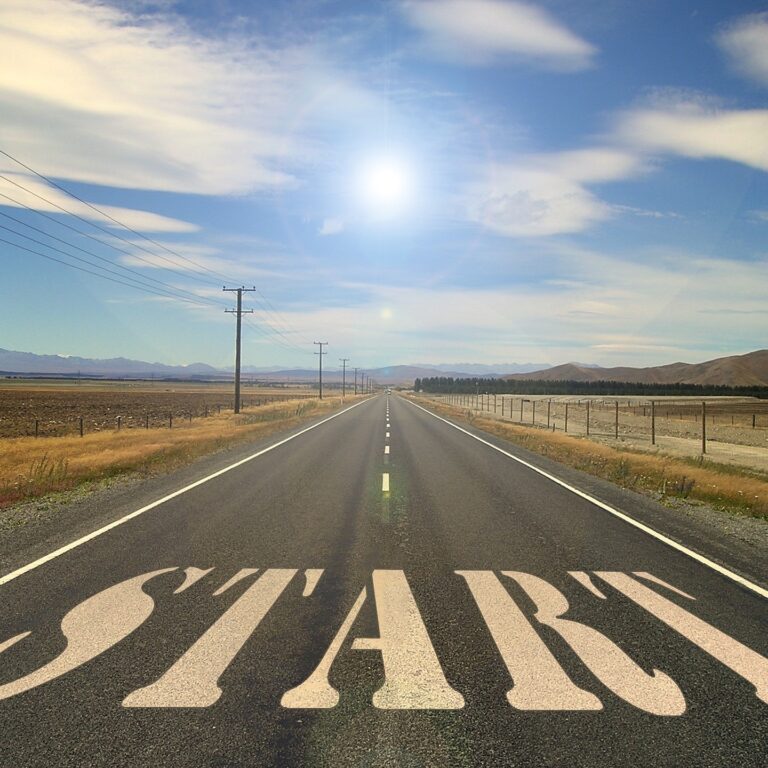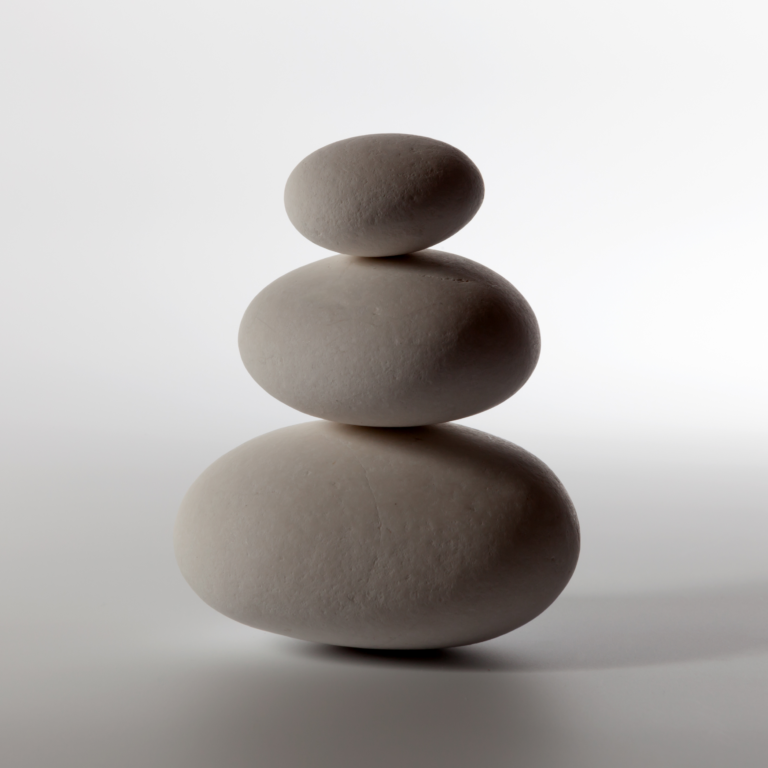The 16 Characters of Zhineng Qigong
Sometimes, we find a gem within a familiar practice. It’s not that the gem has been disguised or concealed, it’s more to do with experiencing things from a slightly different perspective. The clarity that I have experienced through the perspective of the 16 character of Zhineng Qigong has unearthed many of these gems for me, and I hope it will prove helpful for you too.
The literal translation of the 16 characters of Zhineng Qigong into the 8 words or phrases we have used in the english language has the potential to be quite superficial. It has the potential to disguise the depth of understanding that resides within, so my hope is that the following descriptions will help the ideas to shine through.
jiàn kāng (健康) – health
Zhineng Qigong is well known for its ability to create healing and within the concept of jiàn kāng we find reference to both physical and mental health. We also start to bring emphasis to the mental aspect of health conditions, recognising how consciousness has a huge impact on our physical health. So when we consider our health we should really ask ourselves the question: Do we practice effectively for both your physical and mental health?
cháng shòu (長壽) – longevity or long life
Although living to 100 years old is still a great achievement, with life expectancy on the rise it’s increasingly common in the West. In China there are regularly stories of people living significantly longer and what really sets these stories apart, is the quality of life. So when we consider longevity, let’s not focus on the age, let’s ask the question: How long do we expect to be healthy and active?
hé xié (和諧) – harmony
It’s easy to relate to the external idea of harmony, everyone living together in peace and a harmonious world, but what about internal harmony?
Our tendency is to look outside before we look inside. Virtues such as compassion tend to be nurtured as an external function, but if we are truly harmonious inside, compassion naturally arises. Compassion is a product of internal harmony it’s not a tool with which to impose harmony on others. So the next time you find yourself disliking something external, can you take the time to look inside at what this relates to in yourself?
zì kòng (自控) – control of self
Are you a slave to your thoughts? Are you a slave to your emotions? Our lives tend to be governed by thought and emotion but the idea of zì kòng relates to taking back control of our self, learning to use the emotions to nourish ourselves and recognising thoughts for what they are… things that arise and pass. So my question here is twofold: Are you the master of your thoughts? Are you the master of your emotions?
zì yóu (自由) – freedom
The dictionary definition of freedom either relates to, not being incarcerated or, action, speech and thought. Zì yóu is different: it’s the freedom to be your true self. Your true self is ever-present, it’s not related to possessions or status, it’s not caught up in beauty or light. This type of freedom is rooted in letting go of the chains that bind us culturally, socially and emotionally. When you think you’re experiencing freedom ask yourself the question: Am I really free?
zì jué (自觉) – awareness of self
It’s very easy to find ourselves caught up in our own perceptions and stories, and all too often these perceptions and stories are about others, masking our awareness of self. The awareness of self that zì jué refers to is the awareness that allows us to bring the mind home. It’s our ability to truly notice our thoughts, responses and emotions and allow this separation to guide us towards our true self instead of reinforcing our false self. So, the next time you find yourself outside of your comfort zone, ask yourself: which self am operating from?
měi mǎn (美满) – beauty full
Měi mǎn is a particularly beautiful idea in Chinese which expresses a concept that I can only describe as being full of inner beauty. This kind of beauty expands into every cell of the body and describes a persistent life state that comes from meeting your true self. This is one of the highest aims within qigong, and I’m not sure I can formulate a question that will help to add any depth to this description.
píng děng (平等) – equality
Equality might seem as a strange description for the highest aim of practice, but that’s probably because equality is too easily related to specifics such as gender, race or sexuality. The equality represented by píng děng is the highest form of equality, it’s equality with everything. It’s a state in which we feel everything is equal from the smallest virus to the largest creature and on to the planet and beyond. As with měi mǎn, I’m not sure that it’s possible for me to formulate a useful question but I’ll try this: How would it be to feel love and equality for all things?
From the first of the 16 characters to the last, we can view these goals as the steps that exist within practice with the idea of píng děng being the highest level of achievement. If your practice embraces any of these concepts it will be so much more than just exercise, but imagine what it would be like if you your practice embodied all of these aims…


